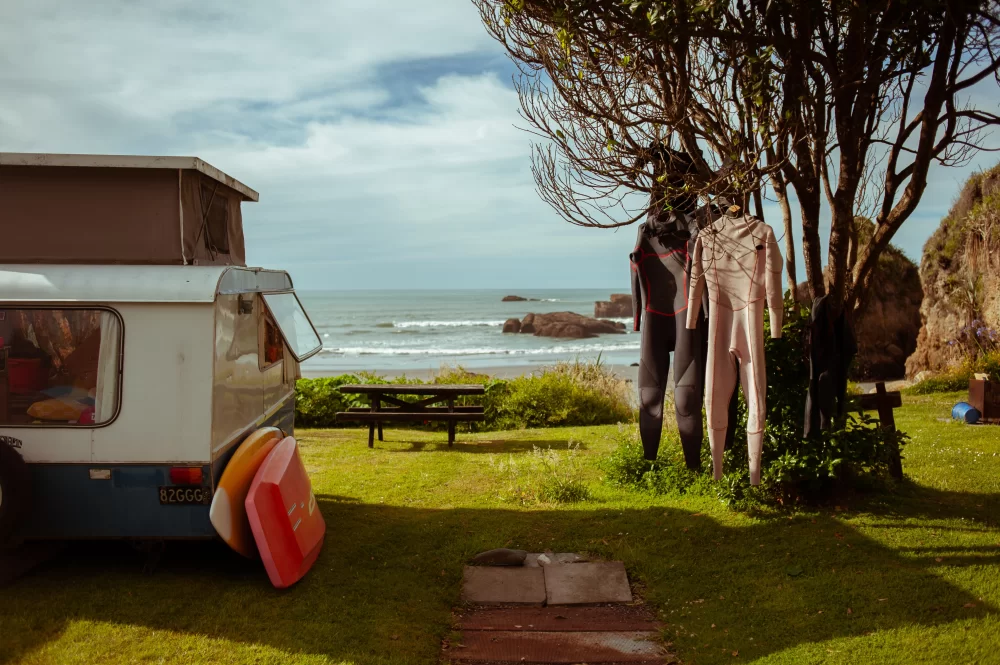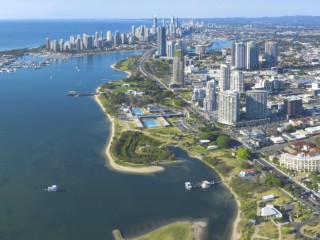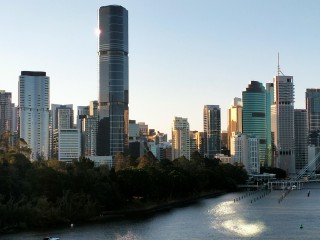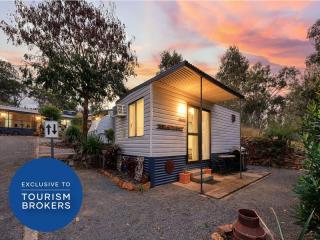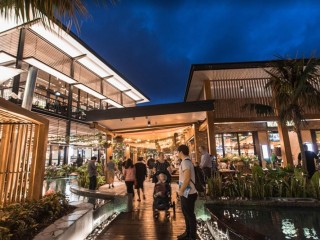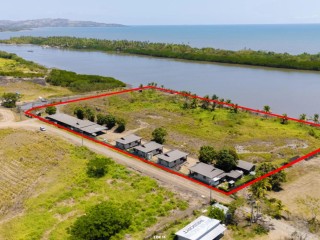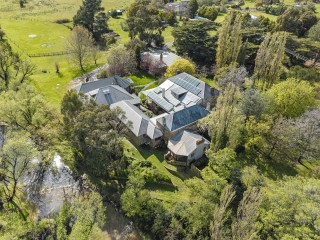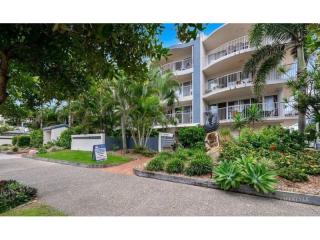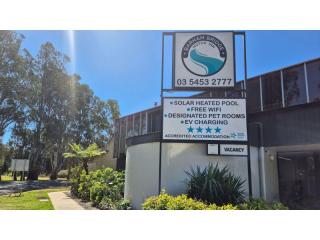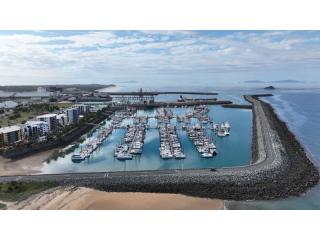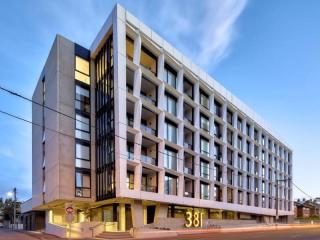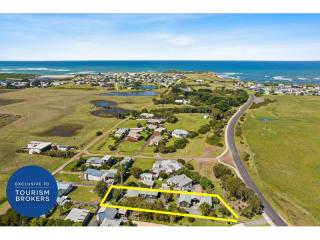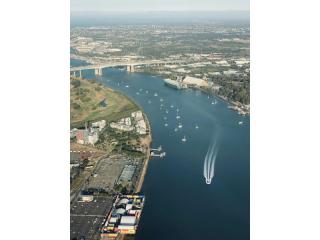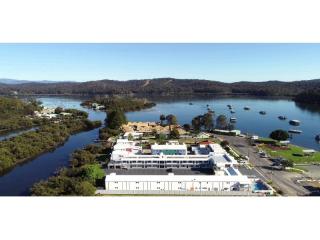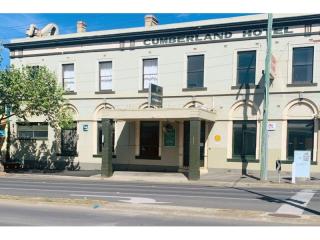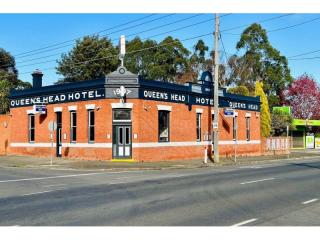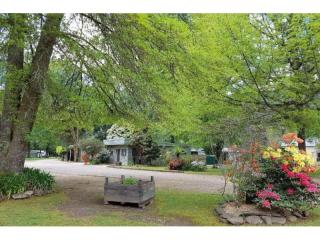Leasing a Holiday Park in New Zealand generally provides a much better return than buying one freehold because of the huge real estate component in prime locations.
Until rising interest rates recently checked escalating real estate prices, New Zealand experienced more than a 30 per cent annual rise in property prices in many areas during a 12-month period.
The return on investment for holiday parks in prime locations was severely impacted as the cost of the land skyrocketed.
Leading tourism accommodation broker, Kelvyn Coffey from Coffeys Tourism Property Brokers , said appraising a property solely on its financial performance as a holiday park, often showed returns on investment were “not great” because the real estate was worth so much.
“Some of the holiday parks have gone out of the tourism sector for that reason and are being redeveloped,” he said.
“They were worth a lot more to the owners if they weren’t a holiday park.
“Generally, holiday parks in New Zealand are much harder to get into than motels and they don’t come onto the market very often. If they do the freehold is very expensive.
“It’s a simple fact that back in the 1970s when many of the holiday parks were established, people didn’t realise how valuable the land was going to be.”
Wayne Keene, the National Director Hotels, Tourism & Leisure for Bayleys Real Estate, said an investor buying a holiday park freehold could expect a return of around 9 per cent depending on location, though rising real estate prices could make that return even lower.
Alan Robertson, a director of Auckland-based Strata Funding, said leasing a holiday park could offer returns of 20 to 25 per cent “taking in depreciation, interest and drawings.”
“It’s a similar figure to a motel lease,” Mr Robertson said, “but that figure doesn’t take into consideration a salary.”
He said business at Kiwi holiday parks had “certainly seen an increase in recent years” given that COVID restricted overseas travel for a long time.
“People couldn't go overseas so they were buying camper vans,” Mr Robertson said. “But will they still be doing that when travel restrictions are lifted totally?”
“You have to look at a holiday park business and ask is that business sustainable?
“When buying into the accommodation sector you have to look at the whole picture and not just the last couple of years of trading, because COVID certainly changed them around.”
John Pryor, a Valuer for Colliers, said while holiday park businesses could be good investments for astute buyers “the locations that have done the best in recent years are those that were not relying on substantial overseas visitation.
“For the most part holiday parks have been somewhat resilient during COVID because they tend to appeal more to a domestic audience,” he said.
“They have not suffered the same downturn of some places in New Zealand that relied heavily on tourists coming from overseas.”
Find New Zealand holiday park listings HERE
Find more New Zealand accommodation for sale HERE
Find the latest industry news HERE
